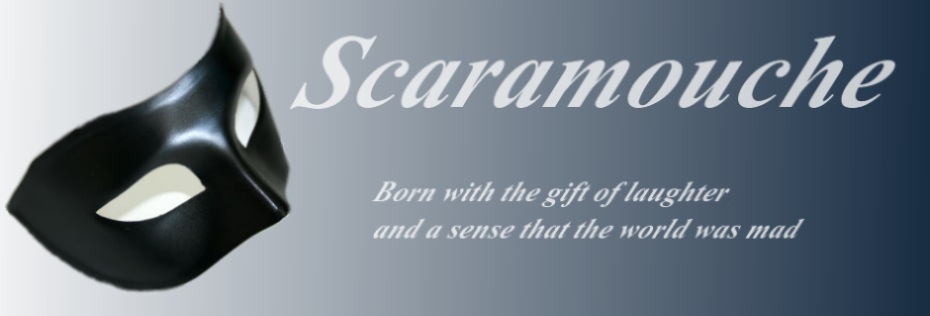...In a March 30 press release, the OIC promised to present a new draft resolution on the issue of “Islamophobia” at the General Assembly in September. The press release also insisted that the OIC “did not back down from its position” in the Human Rights Council. According to the OIC, it was in fact Western countries that “made a major concession by accepting the new version of the resolution.”How come the OIC is so smart--and we're so easily manipulated?
Indeed, rather than an admission of defeat, the OIC’s acquiescence to the new Human Rights Council resolution should be seen as a change in tactics. The concept of “defamation of religion” has no basis in international human-rights law, which protects individuals, not religions as such. However, international human-rights law does include hate-speech prohibitions that encompass religion. Article 20 of the International Covenant on Civil and Political Rights states that “any advocacy of . . . religious hatred that constitutes incitement to discrimination [or] hostility . . . shall be prohibited by law.” The recently adopted resolution includes several references to Article 20. But it also mentions “derogatory stereotyping, negative profiling and stigmatization of persons based on their religion or belief” and “deplores any advocacy of discrimination . . . on the basis of religion or belief.” This wording is vague and unclear, and falls well below the threshold established by Article 20, opening this provision for abuse.
The resolution should thus be seen as an attempt by the OIC to broaden the scope of Article 20 to include instances of so-called Islamophobia, such as the Danish Mohammed cartoons, which were condemned by the U.N. special rapporteur on freedom of expression in 2006. Eleanor Roosevelt warned against precisely this sort of development when Article 20 was debated at the U.N. in the 1950s: Mrs. Roosevelt cautioned that Article 20 “would encourage governments to punish all criticism under the guise of protecting against religious or national hostility.” These views were shared by delegates of almost all other Western (and a few non-Western) states at the time. Unfortunately, as democracies cower before the power of authoritarian states abroad and politically correct elites at home, the principled defense of freedom of expression — even when it seriously offends — has become the exception rather than the norm, even in liberal democracies. The latest example is the impulse of many in the West to blame the murder of innocents in Afghanistan on the admittedly bigoted Pastor Jones, who burned a Koran, rather than on the religious fundamentalists, who killed in cold blood.
The apparent new OIC strategy based on broadening existing hate-speech provisions is much more likely to succeed than insisting on combating defamation of religion. While most Western states have abolished or ceased enforcing blasphemy laws, all countries but the U.S. have hate-speech laws in place that are actively enforced...
Thursday, April 7, 2011
If At First You Don't Supersede, Try, Try Again
Say this for the neo-caliphate (the OIC)--it never, ever gives up. Even as its bid to silence us impudent kafirs by playing the "religious defamation/blasphemy" card failed to gain traction (the Security Council voted it down recently), Muslim powers sprang into action and quickly repositioned the issue as being one of "hate speech" and "Islamophobia." Jacob Mchangama on the National Review site writes that the OIC (the UN's biggest voting bloc) may have more success this time around:
Subscribe to:
Post Comments (Atom)

No comments:
Post a Comment